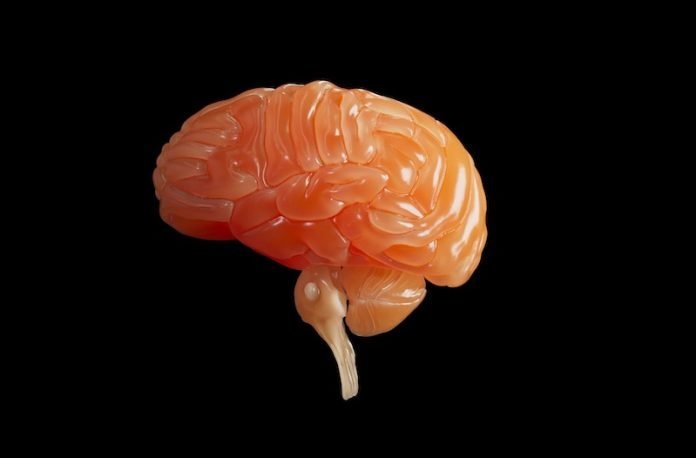
A group of scientists in Australia made a surprising discovery about viruses like SARS-CoV-2, the one that causes COVID-19.
They found that the COVID-19 virus could cause brain cells to join together, and this mix-up can lead to serious issues for our brains.
Who Made the Discovery?
The researchers who made this discovery, Professor Massimo Hilliard and Dr. Ramon Martinez-Marmol, work at The University of Queensland.
They published their findings in Science Advances, a well-known scientific journal.
What is “Long COVID”?
Some people who catch COVID-19 continue to feel unwell long after they recover from the sickness. This condition is known as “long COVID”.
The virus has been found in the brains of some of these “long COVID” patients, many months after they first got sick.
The Virus and Our Brain Cells
The researchers discovered that the virus can cause brain cells, or neurons, to fuse or join together, something that hasn’t been seen before.
This happens when a part of the virus called the “S protein” gets inside the neurons. After they fuse, the neurons can either start firing all at once or stop working altogether.
A Simple Analogy
Think of neurons like the wires connecting switches to lights in your house.
If the switches for the kitchen and bathroom lights suddenly start controlling both lights at the same time, or stop working completely, you would have a problem, right? This is similar to what happens in the brain when the neurons fuse together.
Explaining Long-term Effects of Viruses
The researchers believe their discovery could explain why some people have long-lasting neurological symptoms after a viral infection.
Beyond COVID-19
Interestingly, this cell fusion process isn’t only caused by the COVID-19 virus.
Other viruses, like HIV, rabies, measles, and Zika virus, can also cause cell fusion in other parts of the body, and they might be causing the same problem in our brains.
A Team Effort
The researchers wanted to thank their colleagues at Macquarie University, the University of Helsinki, and their own university for their help with this project.
They believe that their research has revealed a whole new way that viruses can impact our brains, opening up a new area of study for scientists all over the world.
If you care about COVID, please read studies about people who are 5 times more likely to get COVID-19, and zinc could help reduce COVID-19 infection risk.
For more information about brain health, please see recent studies that cranberries could help boost memory, and these antioxidants could help reduce dementia risk.
The study was published in Science Advances.
Copyright © 2023 Knowridge Science Report. All rights reserved.




